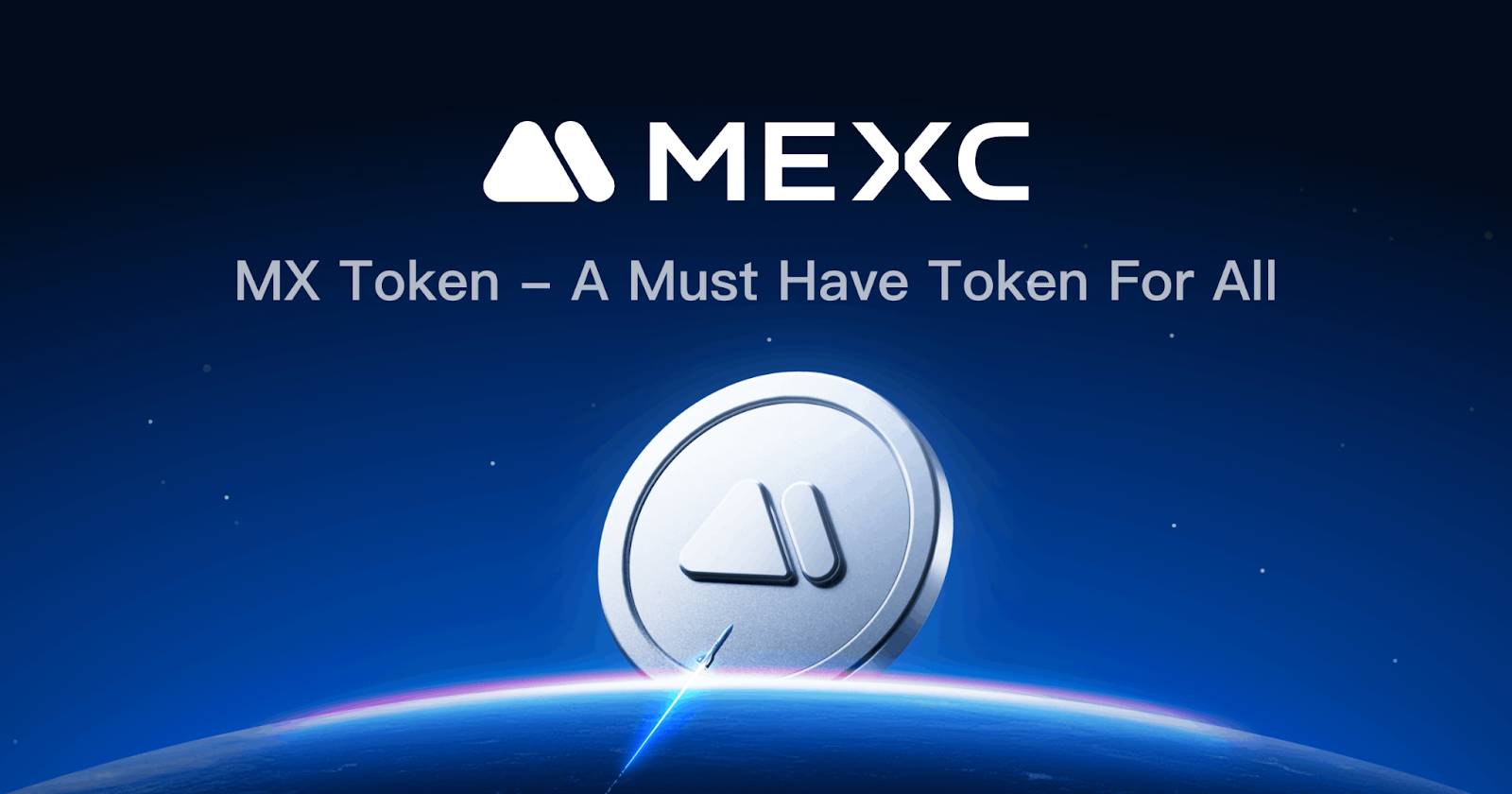
6 minute read
MEXC vs Bitget Comparison: Which is better?
from MEXC
by Exness_India
MEXC is better for altcoin traders and those looking for a wide selection of tokens without KYC. Bitget is better for copy trading and users focused on futures with strong licensing and a polished mobile app. Depending on your priorities—whether it's altcoin access, copy trading, security, or leverage—one platform may clearly edge out the other.
Now let’s break it down.

✅ Trade with MEXC now: Open An Account 👈
1. Trading Features and Products
MEXC is known for offering a massive list of cryptocurrencies—over 1,700 trading pairs. This is ideal if you're into new altcoins or low-cap tokens before they get listed elsewhere. It supports spot trading, futures, margin, ETFs, staking, and even copy trading.
On the other hand, Bitget has a strong focus on derivatives and copy trading, which is its flagship product. It offers futures (USDT-M, COIN-M), spot trading, and options. While Bitget doesn’t support as many tokens as MEXC, its interface is cleaner and more beginner-friendly, especially for futures.
So, if you’re an altcoin hunter, MEXC wins. If you’re focused on derivatives and copy trading, Bitget is better.
2. User Interface and Experience
Both platforms are intuitive, but their designs cater to different styles of users.
MEXC feels more technical, with a cluttered interface that might overwhelm beginners. However, experienced traders might appreciate the dense information on one screen.
Bitget offers a more polished and user-friendly interface. Its app, in particular, stands out with smoother navigation, easier order placement, and built-in copy trading tools that don’t require a learning curve.
For overall usability, especially on mobile, Bitget is more refined.
3. Copy Trading Capabilities
Bitget is a leader in copy trading, with over 100,000 professional traders available to follow. You can copy futures trades easily, manage risks, and view detailed analytics of each trader’s performance.
MEXC has copy trading too, but it's not as advanced or diverse. Its ecosystem is growing but lacks the deep trader stats and seamless UX that Bitget has perfected.
If you’re looking to follow top traders and automate strategies, Bitget is the better option.
4. KYC and Privacy
A key difference is KYC (Know Your Customer) enforcement.
MEXC allows users to trade, deposit, and withdraw without mandatory KYC, although withdrawal limits apply. This appeals to privacy-focused users or those in restricted regions.
Bitget now requires KYC for most features, especially after its recent regulatory alignment.
So if you value anonymity and fast onboarding without documents, MEXC is more lenient. If you're fine with identity verification and prefer a regulated environment, Bitget is more compliant.
5. Security and Trust
Security is non-negotiable. Bitget holds licenses from multiple jurisdictions, including Lithuania, Seychelles, and the U.S. (for Money Services). It has also partnered with Bitget Protection Fund, which claims to hold over $300 million in reserve to protect user assets.
MEXC, while secure, doesn’t publicly list as many licenses. It hasn't faced major breaches but is more loosely regulated compared to Bitget.
For security-conscious users and institutional investors, Bitget provides more transparency.
6. Fees and Costs
Trading fees are important, especially for frequent traders.
MEXC offers 0% spot trading fees and futures trading fees of 0.02% (maker) and 0.06% (taker). That’s extremely competitive, especially for altcoin traders.
Bitget’s spot trading fees start at 0.1%, and futures fees are also competitive (0.02% maker / 0.06% taker), but it often offers fee discounts for VIPs and promotions.
In practice, MEXC wins for fee-conscious traders, particularly if you deal in obscure tokens where spreads may be higher.

✅ Trade with MEXC now: Open An Account 👈
7. Token Listings and Liquidity
MEXC lists way more coins than Bitget, often being the first centralized exchange to list new tokens. This is crucial for early-stage investors or those following crypto trends.
However, Bitget tends to have better liquidity on major pairs, especially BTC and ETH. This ensures better execution for large orders and tighter spreads.
In short:
For variety, MEXC wins.
For liquidity on top assets, Bitget is stronger.
8. Leverage and Risk Tools
Both exchanges offer leverage on futures. MEXC offers up to 200x leverage on select contracts, while Bitget also supports up to 125x. However, excessive leverage can be risky and is not suitable for beginners.
Bitget offers more risk management tools, such as take-profit/stop-loss, copy trading risk controls, and real-time liquidation monitoring.
For high-leverage trading, MEXC is more aggressive, but for safer leveraged trading, Bitget is better designed.
9. Customer Support and Community
Both platforms offer live chat, email support, and have Telegram and Discord communities.
MEXC is known for fast support and community involvement in listing votes.
Bitget focuses more on educational content and in-app guidance, which is great for onboarding beginners.
If you value an active trading community and quick listings, MEXC is stronger. If you prefer a guided, well-documented experience, Bitget is superior.
10. Availability and Regional Restrictions
MEXC is available in most countries and has minimal restrictions. It’s popular in Asia, Europe, and Latin America, particularly for those looking for a CEX without strict regulation.
Bitget has more regulatory clarity and is pushing into compliant markets like the EU, US (via partners), and Australia. However, it has restricted access in some regions due to regulatory constraints.
So:
If you’re in a region with tight crypto laws and want access without KYC, MEXC is better.
If you want regulatory assurance and localized services, Bitget may be more reliable.
Final Verdict: Which is Better?
Choose MEXC if you:
Want to trade a wide range of altcoins
Prefer not to complete KYC
Want ultra-low spot trading fees
Are comfortable with a less polished UI
Choose Bitget if you:
Want professional copy trading tools
Prefer stronger regulatory backing and security
Trade futures and want better mobile experience
Value a cleaner, easier-to-navigate interface
Conclusion
Both MEXC and Bitget are strong players, but they serve different kinds of traders.
MEXC wins on token variety, flexibility, and no-KYC access.
Bitget wins on regulation, copy trading, and futures usability.
If you’re a serious altcoin trader who likes to explore early projects, go with MEXC. If you're a futures trader or want to copy professionals in a secure environment, Bitget is the better pick.
Ultimately, many experienced traders use both platforms for different purposes. Diversifying your tools is often the best strategy in crypto trading.
✅ Trade with MEXC now: Open An Account 👈
Read more:








